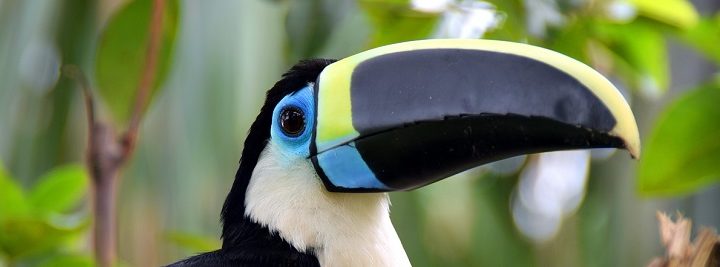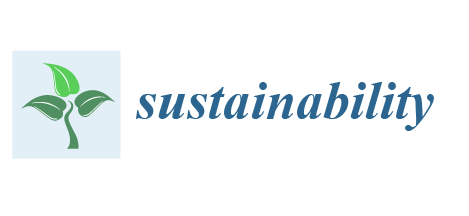This special issue in the journal Sustainabliy targets to highlight the contributions that indigenous peoples and local communities make to the wider global community for better recognition and support for their efforts. The editors invite articles addressing:
1. IPLCs land/water/sea management and related ecosystem services (ES)
2. Case studies on Payments for ES (PES) of IPLCs’ managed natural resources
3. Stewardship mechanisms (reviews/comments)
4. ES from agricultural lands managed by the small-scale farmers, applying traditional practices [Read more…] about Special Issue: Ecosystem Services from Natural Resources Managed by the Indigenous Peoples and Local Communities
Collaboration calls
Join our ranks! Why and how to become an ESP member organisation?
Help shape a sustainable future – join the world´s leading network on ecosystem services
Ecosystems and biodiversity are still being lost and degraded at an unprecedent rate and scale causing great economic, societal and environmental damage. To stop the loss of our ‘natural capital’ the importance of its services and benefits should be reflected structurally in decision making at all levels.
To make this happen we hope your institution will join the Ecosystem Services Partnership (ESP) and give your vision for a sustainable future a stronger voice. [Read more…] about Join our ranks! Why and how to become an ESP member organisation?
ESP becomes official supporter of European Commission’s Global Coalition for Biodiversity
The Ecosystem Services Partnership (ESP) is proud to join the efforts of the Global Coalition for Biodiversity launched by the European Commission to raise awareness about the need to protect biodiversity and promote collaborative work on the topic. Today, two weeks before world leaders will convene at the 1st UN Biodiversity Summit (New York, 30 September 2020), ESP pledges support to the EC Coalition, as we believe in the urgency of joint efforts to solve the nature crisis. As shown by the most recent scientific surveys (IPBES, WWF Living Planet report), ecosystems are more and more under pressure, at a time we need them as allies against the climate crisis. ESP will support the Coalition by spreading the biodiversity message through our network of members and partners, helping the voice of nature be heard further. [Read more…] about ESP becomes official supporter of European Commission’s Global Coalition for Biodiversity
Special Issue: Sustainable Urban Design and Land Use Planning
This special issue is now open for submission. It invites authors working on themes of urban planning, architecture, landscape ecology, social science, soil science, agronomy, environmental, structural, and mobility engineering to publish their latest advances in a collection of papers that will answer the question: can sustainable urban design and land use planning be integrated and supported by new ecosystemic, socioecological, structural–technological, smart mobility assessments aided by GIS techniques with a resilient spatial perspective? If so, how do plans and projects benefit from these assessments and, moreover, how are the adopted solutions practically targeted, evaluated, delivered and monitored by plans and projects? The deadline for manuscript submissions is 15 April 2021.
You can find more information here.
Special Issue on Urban transitions towards Nature-based Solutions in Urban Forestry & Urban Greening
The call for contributions for this Special Issue is currently open. The aim of the Issue is to gather a collection of papers that present contemporary knowledge and conceptual development of NBS in urban areas as well as practical experiences, including co-creation processes in solving urban problems and enhancing ecosystem services through NBS, and promote green infrastructure as a basis for NBS. The deadline for manuscript submissions is 15 December 2020. We encourage you to contribute to the Issue, as well as to take part in NBS for Cities Symposium at SURE2020/21 Conference in Poznań, Poland!
Please have a look at the journal website for more information.




